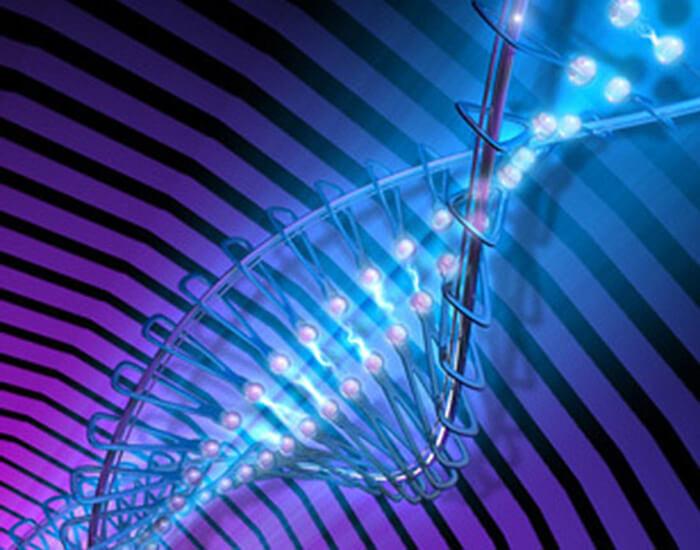Big data is the lifeblood of almost every industry right now. The demand for data scientists to help take that data and process it into tangible and actionable formats has never been greater. The U.S. Bureau of Labor Statistics predicts job growth for Computer and Information Research Scientists (the federal category into which data scientists fall) will be 16% through 2028. That’s much faster than average.
Now is as good a time as any to learn how to become a data scientist. The steps are fairly simple, even if you don’t possess a background in programming and statistics. All it takes is developing the skills you need to land a job in data science, and determining which available resources will help you acquire the knowledge that employers want and need from data scientists.
1. Research the skills common among data scientists
Data science is a broad field with many specializations. However, most data scientists have developed skills in statistics, programming, data analytics, and data visualization. These are often prerequisites for any data scientist job you may see advertised.
According to the tech industry magazine CIO, the most essential hard skills you may need as a data scientist include (but are not limited to):
- Coding/programming (most commonly in Python and R)
- Statistics
- Regression analysis
- Machine learning/AI
- Data architecture
- Systems engineering
Several soft skills will also be required for success as a data scientist. These include more general critical thinking skills and communication skills. Data scientists need to be able to determine when something is wrong with the data and find an effective solution or workaround.
Additionally, you won’t just be analyzing data and creating vizzes. You also need to communicate your findings with key stakeholders.
2. Assess your current background knowledge and skills
Once you’ve determined the skills you need, take a wide view of the skills you already have. You may find that some of the technical and soft skills you currently possess make you a great candidate to hop right into entry-level data science work.
Alternatively, you may discover that you have a significant gap in your knowledge and skill level that would make it difficult to find work as a data scientist in any subfield.
Many companies that hire data scientists will ask technical questions that assess your knowledge of programming, statistics, and data analysis. Medium’s Analytics Vidhya community has a relevant page of data scientist interview questions (and answers). It’s a quick and easy way to self-assess whether you need significantly more training in data science.
3. Decide on a concentration or niche subfield
You likely won’t be working as a generalist if you enter a data science field. Although all data scientists have certain core competencies that exist across all concentrations, you may find it necessary to specialize in a concentration or niche. That means some added industry-specific knowledge may be required to get the job you want.
There are numerous data science subfields out there, but genomic data analytics may be the right one for you.
KGI offers a well-regarded Master of Science degree in Human Genetics and Genomic Data Analytics (MSGDA). Our two-year Master of Science program will give you the technical knowledge you’ll need to handle the increasingly large and complex datasets common in the medical research field. It also delivers in-depth coursework in medical terminology and concepts.
Notable courses available through KGI’s MSDGA program include:
- Programming for the Biosciences
- Medical Diagnostics
- Clinical Biostatistics
- Biomedical Data Systems and Informatics
- DNA Sequencing and Variant Analysis
Our students also develop advanced skills and knowledge in key medical industry concentrations: Clinical Decision Support, Clinical Trial Design, and Assay Development. Specialized analytics, programming, and visualization coursework in these areas will prepare you for the rigorous and interesting work you’ll experience as a data scientist in the medical field.
Begin your career as a data scientist at KGI. Apply now for admission to our MGDSA program, or contact us to learn more about how KGI can help you become a data scientist in the medical field.
